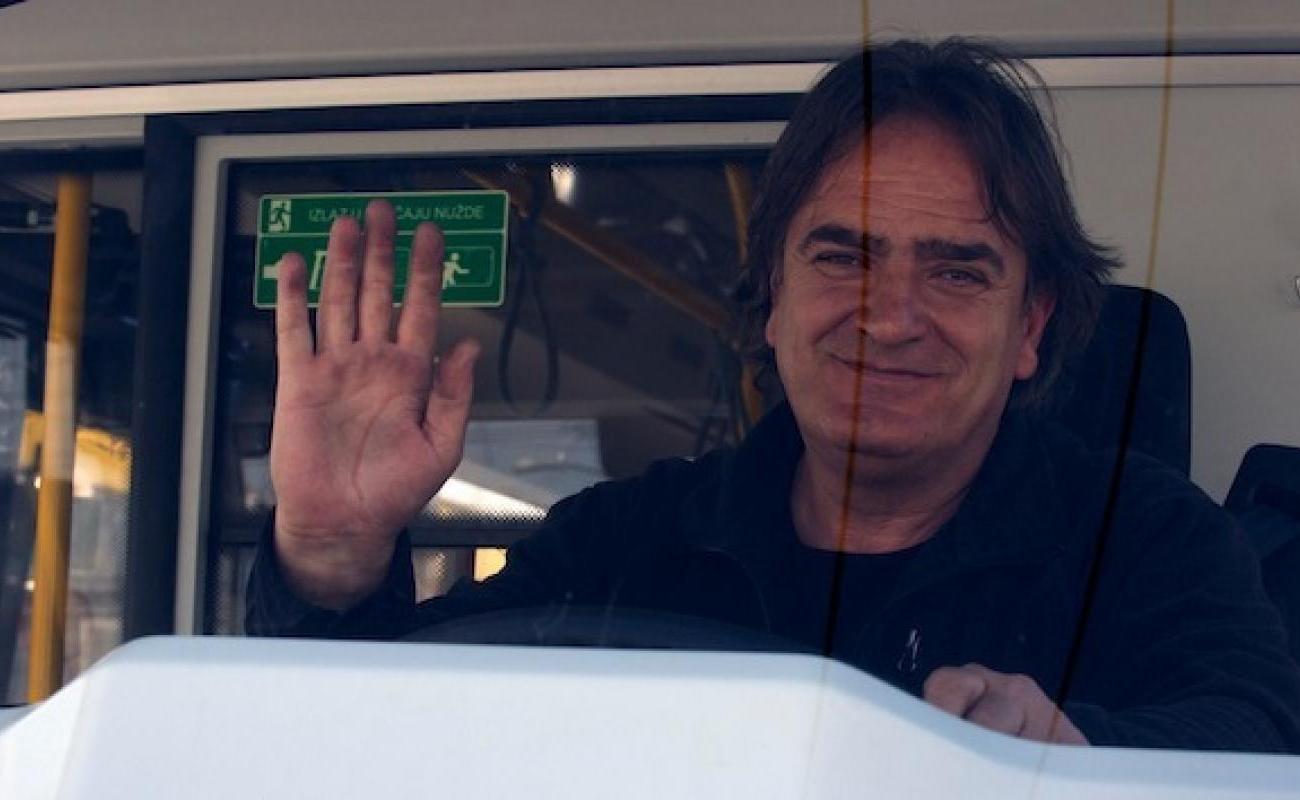New EBRD loan for Sarajevo trams
€17 million loan brings total EBRD financing for Sarajevo to €146 million New trams and smart technology to reduce congestion and pollution Project signed during EBRD Vice President Bowman’s visit

The European Bank for Reconstruction and Development (EBRD) is providing a loan of €17 million under its Green Cities to foster a sustainable urban transport system in Sarajevo and its surrounding canton. The financing will help alleviate traffic congestion, a severe problem in the city, and improve air quality for its near half a million inhabitants.
The project brings the total of approved EBRD financing for Sarajevo’s public infrastructure to €146 million. Loan agreements were signed by EBRD Head of Bosnia and Herzegovina, Manuela Naessl.
The project signing took place during the visit of EBRD Vice President, Policy and Partnerships, Mark Bowman, who is in Sarajevo to discuss the implementation of the new EBRD strategy for the country. Commenting on the new loan, he said: “Our continued cooperation with Sarajevo Canton will address air pollution and heavy traffic congestion while improving the urban transport service. We expect these investments to contribute to a greener Sarajevo, with better commuting and living conditions for locals and visitors.
Sarajevo will use part of the EBRD loan to introduce an adaptive traffic management system – data-driven technology to monitor, analyse and improve traffic flow through a network of cameras and radar at city intersections. The digital system will help reduce the heavy traffic toll on infrastructure and the environment, cut commuting times and reduce air pollution. The Central European Initiative (CEI) Fund will finance the technical assistance associated with project preparation and implementation.
EBRD finance will also contribute to the further renewal of Sarajevo’s tram fleet, with five trams being added to the 15 the EBRD already co-financed with the European Investment Bank in 2020. A previous EBRD loan of €10 million supported an overhaul of the city’s 19.5 km dual-track tramline. A more modern urban transport system should encourage passengers move away from using private vehicles to more sustainable modes of transport, thus reducing CO2 emissions by more than 30 per cent.
This investment in the public transport system is the sixth under the EBRD Green Cities Cantonal Action Plan for Sarajevo. The Bank is also supporting the city in upgrading its water supply network and the energy efficiency of public buildings.
Since it began operating in Bosnia and Herzegovina in 1996, the EBRD has invested nearly €2.85 billion in more than 200 projects across the country. The priorities of the new 2022-27 Country Strategy, approved by the EBRD Board of Directors last Wednesday, include support for the private sector, digitalisation, infrastructure, regional integration and the low-carbon transition.
